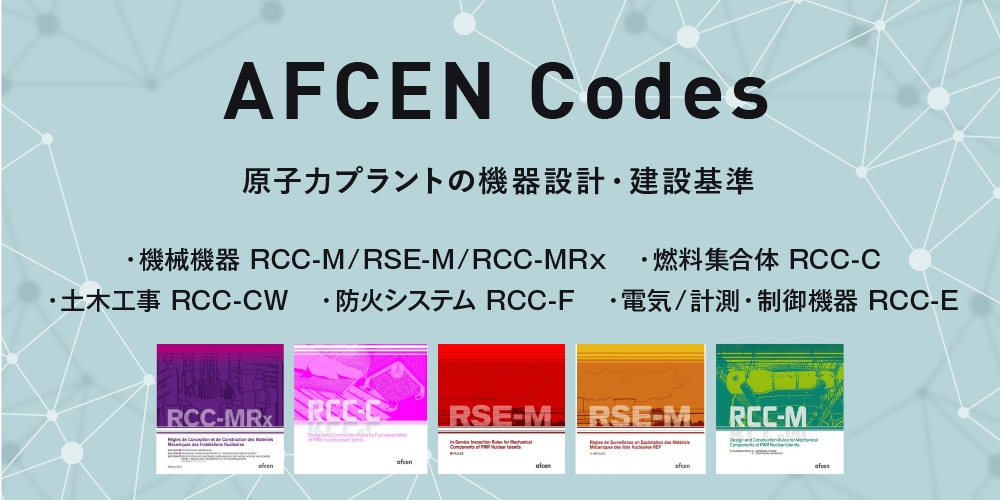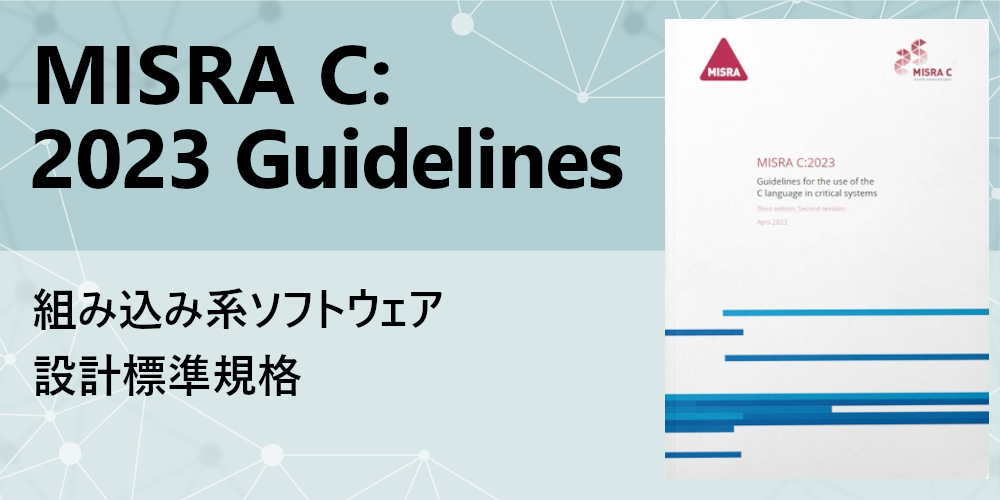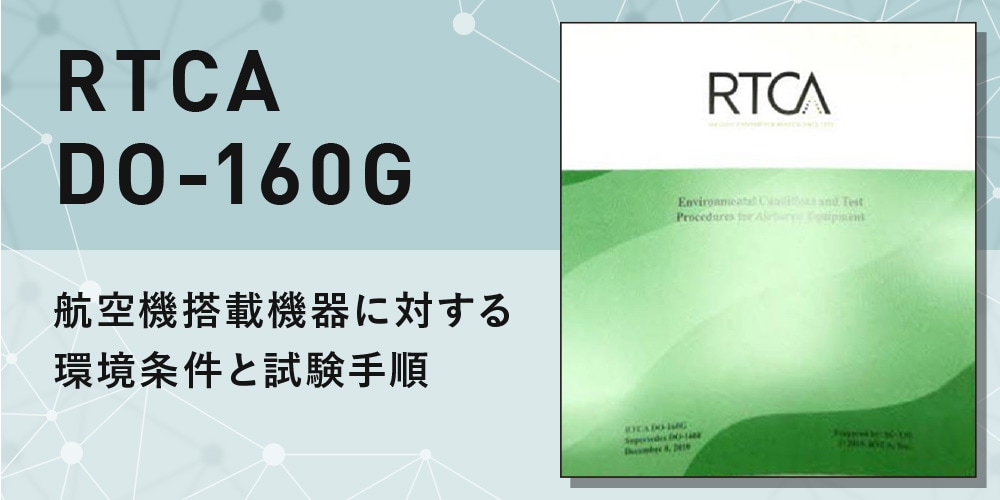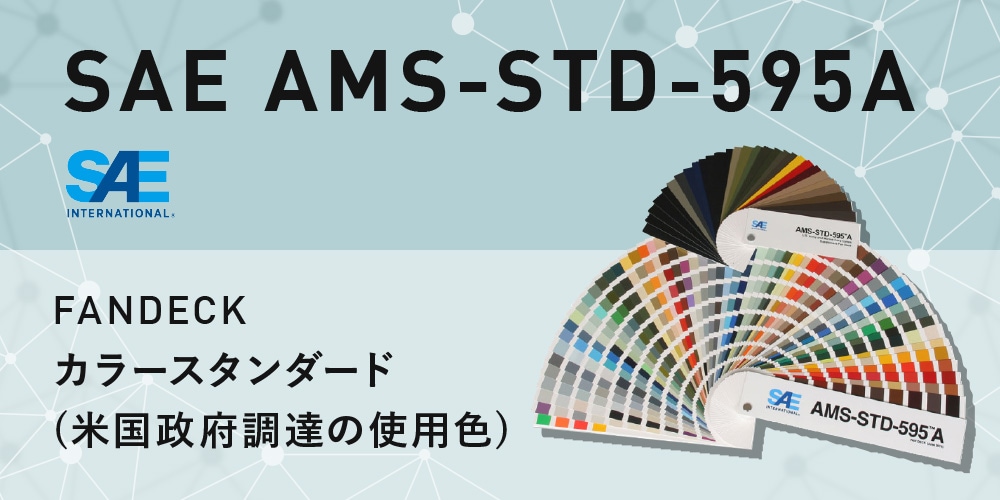WRC BULLETIN 578: Stress Redistribution Due to Inelastic Strains in Thick or Thin-Walled Cylinder, Spherical and Conical Shells
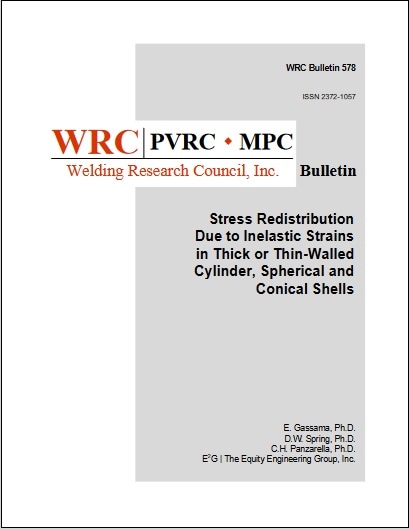
WRC BULLETIN 578: Stress Redistribution Due to Inelastic Strains in Thick or Thin-Walled Cylinder, Spherical and Conical Shells
数量
※掲載の規格は、当ウェブ・ショップに掲載時点で確認できた最新版でございます。
最新の発行状況につきましては受注時に改めて確認をさせて頂きますので予めご了承下さい。
Description
There is often a need to determine the steady state and non-linear of thick and thin-walled pressure vessel components comprised of cylinders, spheres, and conical shells. These models can be analyzed using commercial software packages that solve the problem using numerical approaches (such as Finite Element Analysis). Alternatively, for the simple geometries described above, analytic, or quasi-analytic models can be developed to predict the linear or nonlinear response to different loading conditions. In this report, an analytical solution procedure is outlined which solves the triaxial stress problem in thick-walled vessels in the presence of an arbitrary inelastic strain distribution.
The presented analytical solutions can be used to predict the redistribution of multiaxial stress caused by the accumulation of inelastic strains in pressurized components. The inelastic strain can be due to any combination of creep, thermal, or plastic strains. The individual sources of inelastic strain can be considered separately or combined into a single inelastic strain. An analytical-numerical model is developed for the common cylindrical, spherical, and conical vessel geometries. Unlike in the elastic regime, the inelastic regime causes stress redistribution, which depends on the temperature and the loading history of the vessel. Thus, an incremental analysis is necessary to capture the accumulation of the inelastic strain.



